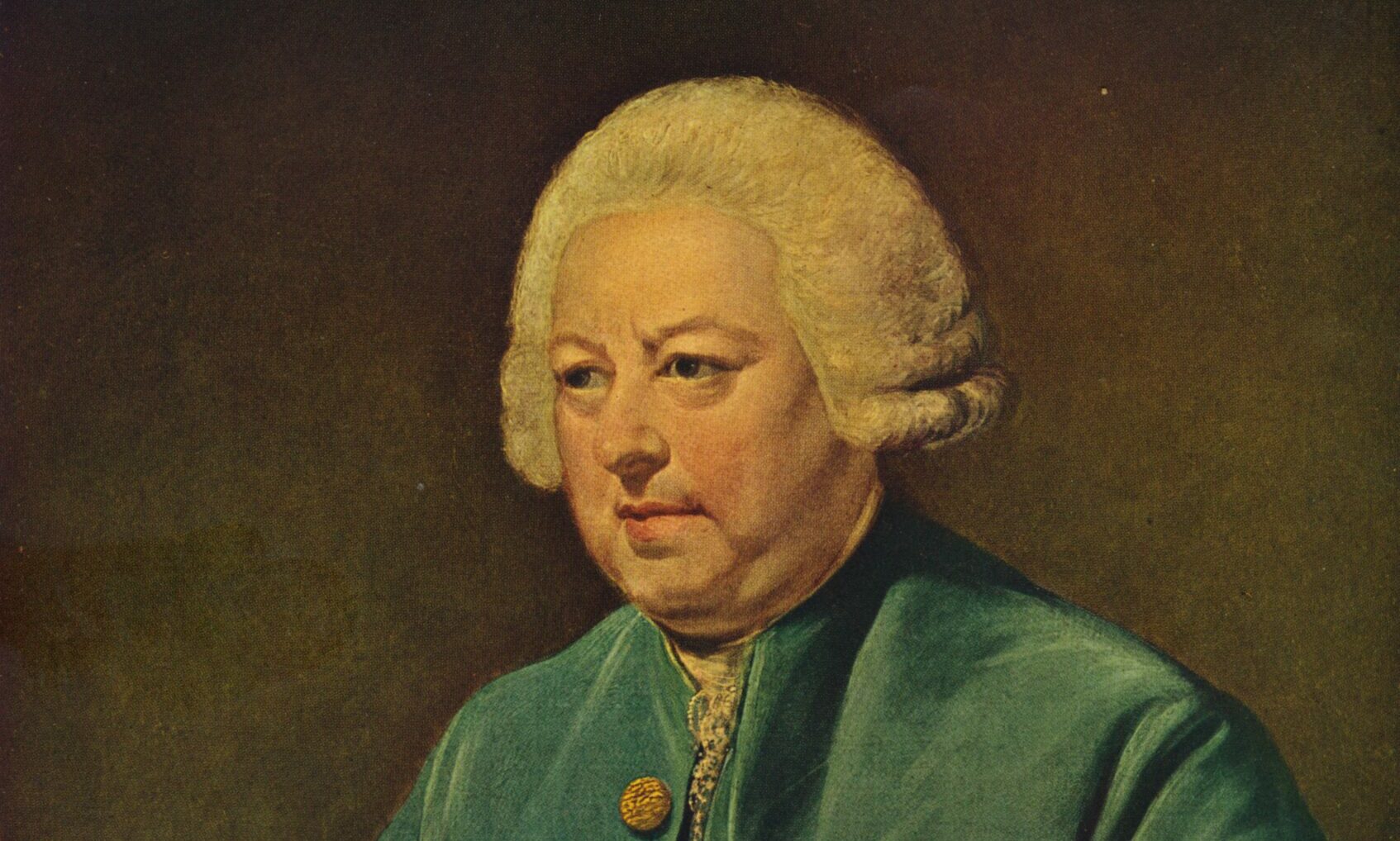Edward Walpole, the son of prime minister Robert Walpole, was accused of sodomy by a gang.
Bands of extortioners targeted men – including the son of a prime minister – and extorted them for cash in the 17th and 18th centuries, researchers have discovered.
Middlesex University London found that there was a “trend” of gangs of three to five people who prowled London’s cruising spots, coercing men into compromising positions before giving them an ultimatum: Pay us money, or we turn you in.
The threat was made all the more terrifying by the punishment the victims might meet if they declined – the death sentence for homosexuality.
A paper written by Dr Paul Bleakley and published in the journal Springer Link stated: “Court records suggest a trend of London blackmailers setting out to extort men for money, threatening to charge them with homosexual offences if they did not pay the price demanded.
“In fear of the threat to their reputation or severe punishment, if found guilty, many of the victims reluctantly acceded to the demands of the extortionist.”
“There was greater potential for success when extorting men with a reputation to protect,” it added.
“In the cases of opportunistic blackmail, the victim was usually unknown to their blackmailer and targeted only because they were in the right place at the wrong time.”
Their playbook was one of jumping on men while urinating or even breaking into their homes to accuse them of sodomy.
Often, gang members would work together, one being the accuser while the rest acted as “witnesses” to create what researchers said was a “climate of fear” that compelled the victims to give away their money.
“Often there was a scenario where one person would lure someone into a sexual act or what seemed to be a sexual act before three other people would jump out and start yelling, creating a scene and an intentional climate of fear so the victim is more willing to do whatever it takes to silence them and stop the situation getting worse,” explained Dr Bleakley.
“At this time there was no official police force as the Met Police did not come into existence until 1829, so we’re talking about a legal system where people would bring their own claims to court.
“So if they were extorted or blackmailed they had to find the person responsible and sue them.
“It was a hard prospect to explain why you were in these known cruising sites such as St James Park or by the river in the dead of night.”
In one high-profile plot, Edward Walpole, the son of prime minister Robert Walpole, was accused of sodomy by unemployed servant John Cather in 1750, according to court records.
Detectives found that Cather was part of a six-strong group that were bullying Edward into extortion, saying they would drop the charges if given the cash.
Combing court proceedings between 1674 to 1913 at the Old Bailey, London’s top court, university researchers found cases of gangs even attempting to extort money from lawmakers.
MP Humphry Morice was railroaded by Samuel Scrimshaw and John Ross in 1759, according to court documents seen by the researchers. The pair demanded money from Morice or else be accused of queer sex.
‘Miss Kitten’ would target men and demand money
For men in 18th century London, the name “Miss Kitten” jolted fear and unease.
From well-heeled areas such as St James’ Park to the Highway, a “disreputable” stretch of road snaking around the city’s financial district, queer cruising spots were targeted by the likes of Miss Kitten as part of countless gangs’ sprawling money-making schemes.
Miss Kitten, real name James Oviat, was fined, pilloried and sentenced to three months in prison in 1728 for accusing men of sodomy.
He would corner men in St James’ Park and accuse them of “behaving very indecently”, the paper stated, before brusquely demanding money.
Oviat met his downfall when an accused man fought back, countersuing him. Judges, knowing Oviat’s track record well, remarked that “his old acquaintances in Newgate Prison expressed a surprise that he had been so long from among them”.
John Bollan, in 1724, approached a man urinating the river in Tower Hill. Grabbing his genitals, Bollan and the victim were then swarmed by “witnesses” – the rest of the gang – who demanded he hand over money.
Being queer would not be decriminalised for more than a century to come, however a new law meant that extorting money from someone for being gay became a crime.
An Act for Allowing the Benefit of Clergy 1823 made it a crime to “maliciously threaten to accuse any other person of any crime, punishable by law with death, transportation or pillory, or of any infamous crime, with a view or intent to extort or gain money”, the paper added.
“The same fears homosexual men were experiencing in London in the 1700s were very likely similar to what people faced in 1966,” said Bleakley, reflecting on when homosexuality was finally decriminalised in 1967.
“There’s a very long history of persecuting the LGBT community, particularly gay men, and while extortion may seem unfathomable today, in a historical context tolerant attitudes are far less common.”
